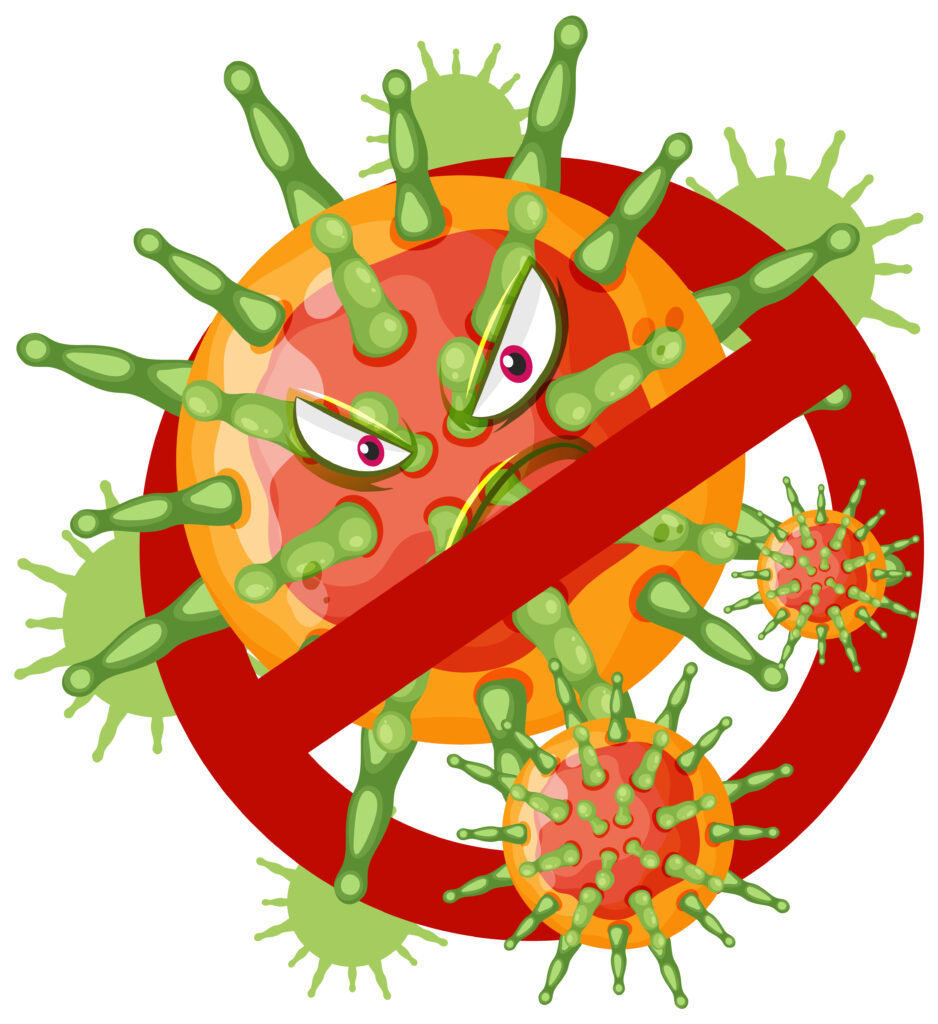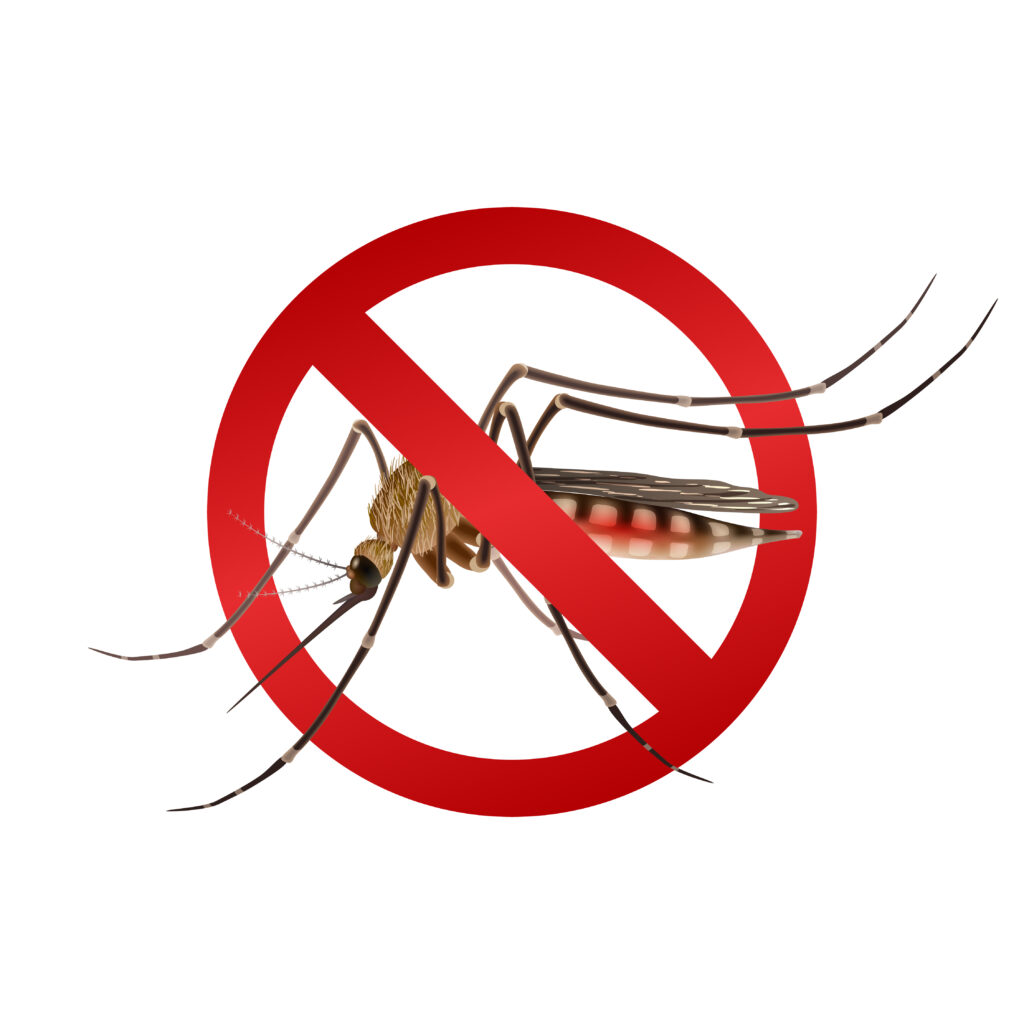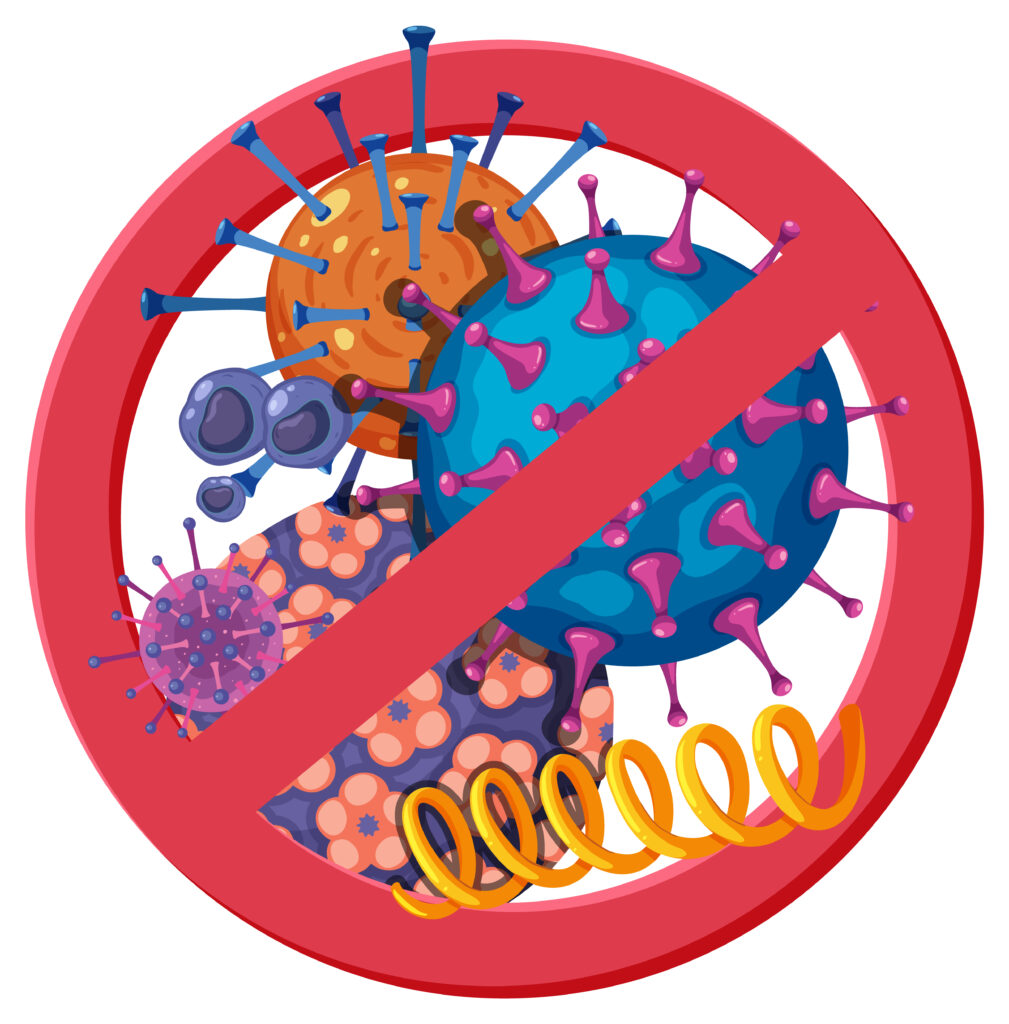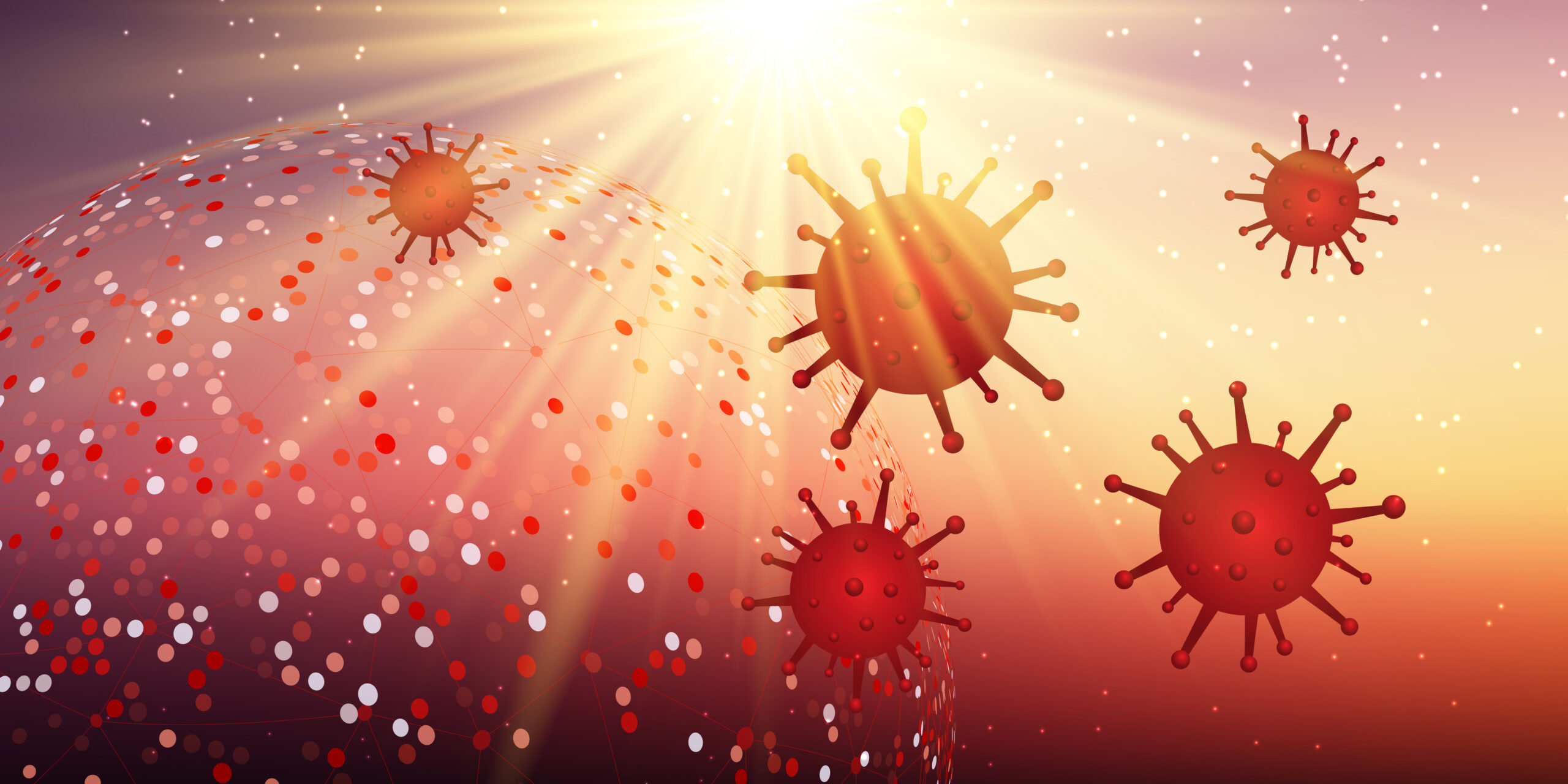What is Chikungunya Virus?
The Chikungunya virus is the cause of chikungunya, a virus spread by mosquitoes. It is usually spread by Aedes mosquitoes, the same scoundrels that brought dengue and Zika. Actually derived from an African language, the name “chikungunya” means “that which bends up,” alluding to the stooped posture of people who are in pain.
Table of Contents
Why Symptoms Are Trending in the USA
Perhaps you’re asking yourself, Why now? While it’s typically associated with tropical countries, recent climate changes and increased travel have caused Chikungunya virus symptoms to pop up in places like Florida and Texas. You should be alert, just as health experts are.
Understanding the Basics of Chikungunya Virus Symptoms

Chikungunya virus symptoms often show up three to seven days following a mosquito bite. If treatment is not received, the symptoms, which can range from minor to incapacitating, may persist for weeks or even months.
Early Symptoms That You Might Miss
Mild Fever with Joint Pain
It may start with a low-grade fever and aching joints — something you’d easily brush off as a cold or flu. But that’s the trap — this virus mimics other common illnesses before hitting harder.
Chills and Fatigue That Disrupt Daily Life
Suddenly too tired to even check your phone? That kind of exhaustion — deep, bone-level fatigue — is one of the early chikungunya virus symptoms you shouldn’t ignore.
Symptoms in Adults vs. Children
How Adults React to Chikungunya Virus Symptoms
Adults often experience severe joint pain and stiffness, making it hard to walk or even grip a coffee mug.
How Kids Show Different Symptoms
Children might show more rashes or red eyes, and less obvious signs like fussiness, crying, or avoiding food.
10 Common Symptoms to Watch Out For
1. Joint Swelling
Swollen joints are one of the most painful chikungunya virus symptoms, especially in wrists, ankles, and fingers.
2. Rash All Over the Body
The arms, legs, and torso develop a red, splotchy rash. It’s itchy, annoying, and easy to confuse with allergies.
3. Severe Muscle Pain
Your muscles will ache like you ran a marathon — even if all you did was get out of bed.
4. Headaches That Don’t Go Away
Persistent, throbbing headaches can come with fever — and no, ibuprofen alone doesn’t cut it.
5. Red Eyes and Eye Pain
Some people feel pressure behind their eyes or develop conjunctivitis (pink eye) during infection.
6. Nausea and Vomiting
The virus can turn your stomach upside-down. Loss of appetite often follows soon after.
7. Loss of Appetite
Food has an odd flavor. You become nauseated from smells. You lose weight naturally, which is fantastic until you’re too weak to move.
8. Low Blood Pressure
Chikungunya can cause hypotension, especially in elderly people, which may lead to fainting or dizziness.
9. Irritability or Mood Changes
Don’t overlook emotional changes — the virus can affect your mood, making you anxious, snappy, or even depressed.
10. Sleep Disturbances
You feel tired but can’t sleep. Pain and itching make peaceful nights impossible.
Rare But Serious Symptoms

Neurological Complications
Some cases show chikungunya virus symptoms affecting the brain — like confusion, seizures, or memory problems. It’s rare, but it happens.
Cardiac Issues Linked to the Virus
Heart rhythm issues or myocarditis (heart inflammation) have been reported in very rare, but serious cases.
Long-Term Effects of Symptoms
Chronic Joint Pain
Months after recovery, some still feel intense joint pain — like arthritis that just won’t quit.
Mental Fog and Fatigue
Brain fog, poor concentration, and lingering tiredness are long-term chikungunya virus symptoms that affect daily productivity.
How Symptoms Differ from Dengue or Zika
- Chikungunya: Severe joint pain, longer recovery
- Dengue: Higher risk of internal bleeding
- Zika: Pregnant women and birth defects are the two categories which are at higher risk
Each virus has its quirks, but don’t try to guess — get tested.
Diagnosing Chikungunya Virus Symptoms
Doctors typically run:
- Blood tests (RT-PCR or IgM antibody test)
- Clinical evaluations based on travel history and visible symptoms
Don’t delay medical care if you’ve traveled recently and feel off.
Treatments for Chikungunya Virus Symptoms
There’s no specific cure, but you can manage the symptoms:
- Paracetamol or NSAIDs for pain
- Plenty of fluids
- Bed rest (yes, your body really needs it)
Natural Remedies That Help
- Turmeric and ginger tea (anti-inflammatory)
- Papaya leaf extract
- Epsom salt baths
Always consult a doctor before using home remedies.
How to Prevent Chikungunya Virus Symptoms

- Use mosquito repellents with DEET
- Wear long sleeves and pants
- Avoid stagnant water
- Sleep under mosquito nets
- Stay indoors during dawn and dusk
Conclusion
Chikungunya isn’t just a tropical issue anymore. With its alarming symptoms, unexpected U.S. presence, and long-lasting side effects, it’s something you shouldn’t take lightly. The best defense? Awareness, early detection, and strong prevention. If you notice chikungunya virus symptoms, don’t wait — get help.
FAQs
Q1: How long do Chikungunya virus symptoms last?
Most symptoms resolve in 7–10 days, but joint pain can last weeks or even months.
Q2: Are Chikungunya virus symptoms deadly?
Not usually, but in rare cases (especially for elderly or those with health conditions), it can be serious.
Q3: Can you get Chikungunya twice?
It’s rare. Once infected, you usually develop immunity. But never say never — viruses mutate.
Q4: What’s the best pain relief for Chikungunya virus symptoms?
Paracetamol is usually recommended. Avoid aspirin, especially in children, due to bleeding risks.
Q5: Is there a vaccine for Chikungunya?
As of now, no. But multiple candidates are in the trial phase.
Please don’t forget to leave a review.
Discover more from NewsBusters
Subscribe to get the latest posts sent to your email.

4 thoughts on “Top 21 Shocking Chikungunya Virus Symptoms You Shouldn’t Ignore!”